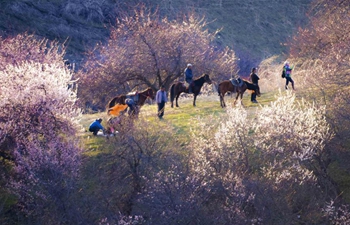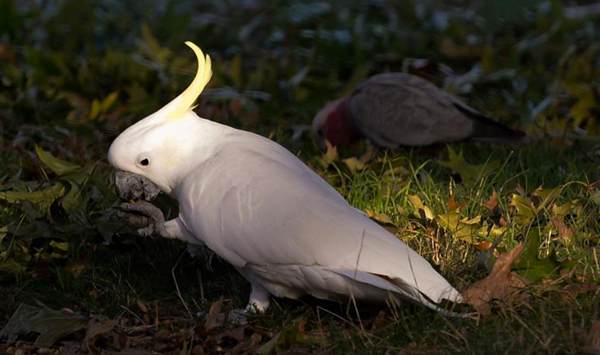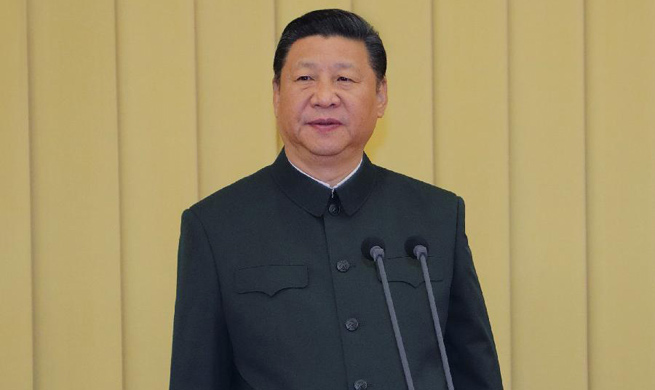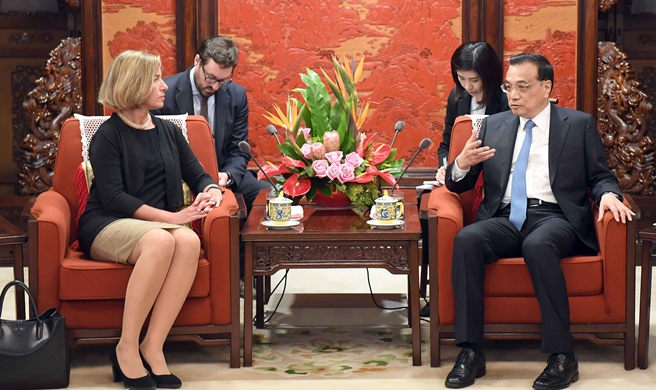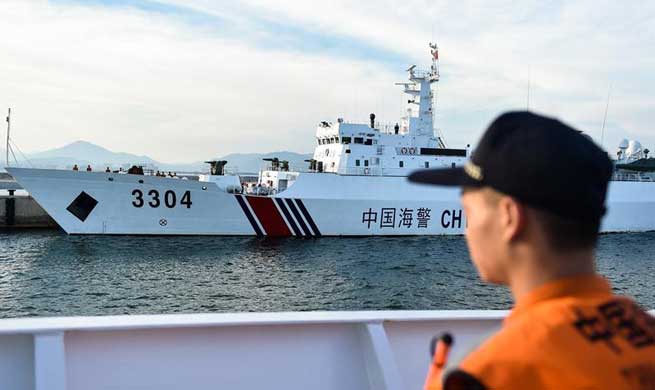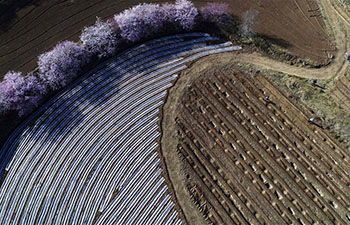UNITED NATIONS, April 18 (Xinhua) -- Food and water shortages continued in western Mosul in north Iraq, which has been cut off from its main supply route since November 2016, and remained largely inaccessible to aid workers, a UN spokesman said here Tuesday.
"Given the chronic shortages of clean water, many people are drinking untreated water," UN spokesman Stephane Dujarric said at a daily news briefing here, citing the UN Office for the Coordination of Humanitarian Affairs (OCHA).
"Humanitarian workers are concerned over an increased number of displaced children who are fleeing western Mosul with diarrhoea."
"These shortages have likely been exacerbated by Daesh (Arabic acronym for the Islamic State)'s recent attacks on the Badush water treatment plant, western Mosul's largest functioning treatment plant," Dujarric said.
Nearly 130,000 people in west Mosul have received food aid to date, he noted.
Approximately 500,000 people live in Daesh-controlled areas of west Mosul.
Since late February, 292,000 people have been forced to flee west Mosul, with 362,000 people uprooted by fighting in both east and west Mosul.
To date, emergency aid packages have been distributed to help 1.9 million people inside Mosul and surrounding areas.
The UN Refugee Agency (UNHCR) has opened a new camp in Iraq's Hammam al-Alil to house thousands of newly-displaced people fleeing the fighting in western Mosul.
Mosul witnessed a fighting between the Iraqi government forces and Islamic State (IS/Da'esh) terrorists.
The Iraqi government force's advance toward Mosul came after the Iraqi Prime Minister Haider al-Abadi announced on Feb. 19 the start of an offensive to drive the extremist militants out of the western side of Mosul, locally known as the right bank of Tigris River which bisects the city.
Mosul, 400 km north of the Iraqi capital of Baghdad, has been under IS control since June 2014, when Iraqi government forces abandoned their weapons and fled, enabling IS militants to take control of parts of Iraq's northern and western regions.




